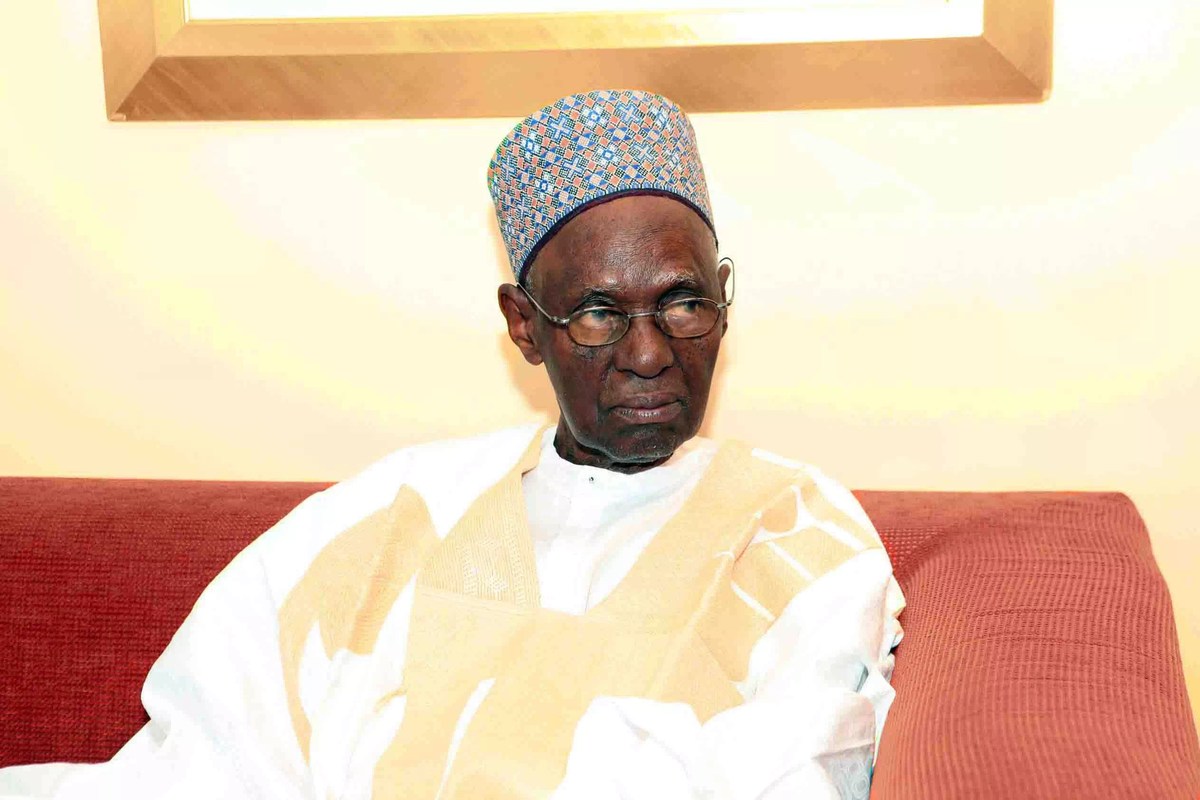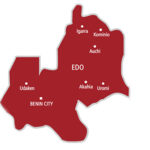Nigeria lost several eminent citizens in the course of 2018 but undoubtedly the most eminent of them was Alhaji Shehu Shagari, President of the Federal Republic of Nigeria during the Second Republic, 1979-83. He died at the National Hospital, Abuja on Friday, December 28 at the age of 94. He held the top job during one of the most exciting and most challenging times in our history. Shagari’s comportment since he left the top job also established him as a model statesman whose only interest was in national peace, progress and service to God and humanity.
Alhaji Shehu Shagari was born in Shagari town of Sokoto State in 1924. His father Aliyu was the Magajin Shagari, i.e. village head, who died when the future president was only five years old. He was then brought up by his elder brother, Muhamamdu Bello. Alhaji Shehu attended Yabo Elementary School in 1931-1935; Sokoto Middle School in 1936-40 and Government College, Kaduna, which later became Barewa College, Zaria in 1941-44.
He then began a stint of service to the country which was to last for four decades and which saw him offer service at the Native Authority, local government, provincial, state, regional, national and international levels. Shagari worked as a teacher [of Science and Geography] at Sokoto Middle School in the 1940s and early 1950s, during which he produced a song called Wakar Nigeria, which covered the entire country’s geography.
Shagari entered politics in 1951 and became secretary of the Northern Peoples Congress [NPC] in Sokoto Province. He was elected to the House of Representatives, Lagos in 1954 from Sokoto West constituency. He was also a member of the Federal Scholarships Board from 1954-1958. He became parliamentary secretary to the Prime Minister, Sir Abubakar Tafawa Balewa in 1956. He then held a string of seven ministerial posts in the First Republic and the succeeding military government. He was Federal Minister for Commerce and Industries in 1958-9; Minister of Economic Development in 1959-1960; Minister of Pensions in 1960-1962; Minister of Internal Affairs in 1962-65 and was Minister of Works from 1965 until the overthrow of the First republic in January 1966.
In 1967 he became Secretary of the Sokoto Province Education Development Fund, which built many schools in Sokoto Province. He became Commissioner for Establishments in the North Western State in 1968-1969. In 1970, General Yakubu Gowon appointed him the Federal Commissioner for Economic Development, Rehabilitation and Reconstruction and the following year he replaced Chief Obafemi Awolowo as Federal Commissioner for Finance. He was also a governor for the World Bank and International Monetary Fund, IMF.
Shagari was elected Councillor of Yabo Local Government in 1976. He was also the Chairman of Sokoto Urban Development Authority [SUDA], which built Sokoto’s modern market. He served in the 1977-78 Constituent Assembly which ratified the 1979 Constitution. In November 1978, National Party of Nigeria [NPN] nominated him as its presidential candidate. He won the presidential election in August 1979 and took over as President on October 1, 1979.
As President, Shagari pursued NPN’s manifesto of “Food and Shelter.” It was in pursuit of that that he launched the Green Revolution program in 1980 and also built what became known as the Shagari Housing Estates in all state capitals of the time. In 1982 he also launched the “Ethical Revolution” to try to regain the society’s lost values. Oil prices plummeted in 1981 and forced him to declare “austerity” measures. Shortly after he won the 1983 elections, which the opposition claimed was rigged, soldiers overthrew the Second Republic. Shagari was in detention for several years, after which he returned to live a quiet life in Sokoto and Shagari. He held the traditional title of Turakin Sokoto from 1962 and was a full-time member of the Sultan of Sokoto’s Council from 1996.
Alhaji Shehu Shagari will for long be remembered for his simplicity, humility, peaceability and his tireless efforts for national progress and prosperity. May his gentle soul find rest in Aljannat. Amin.

 Join Daily Trust WhatsApp Community For Quick Access To News and Happenings Around You.
Join Daily Trust WhatsApp Community For Quick Access To News and Happenings Around You.


